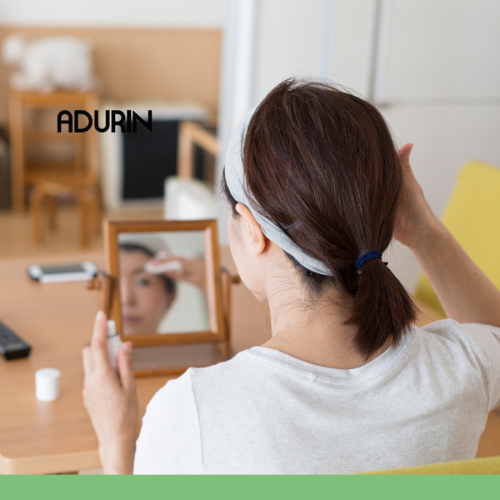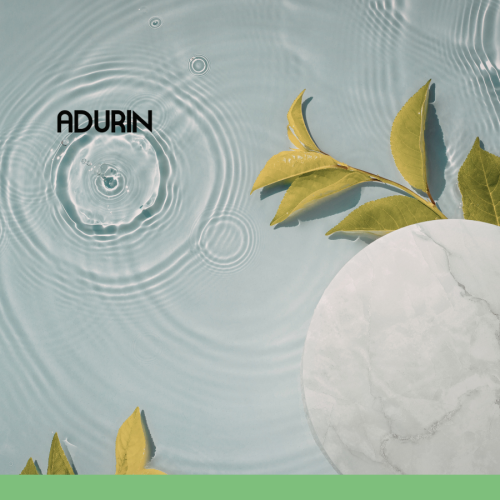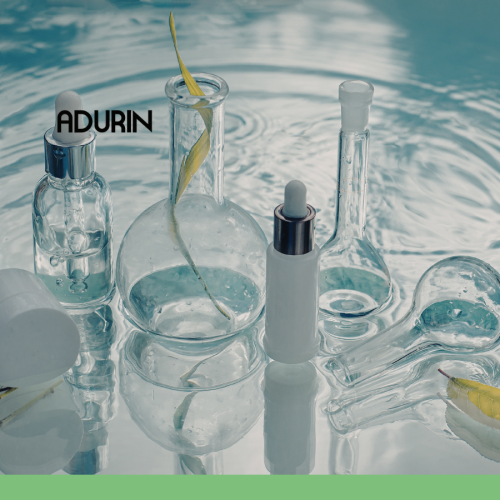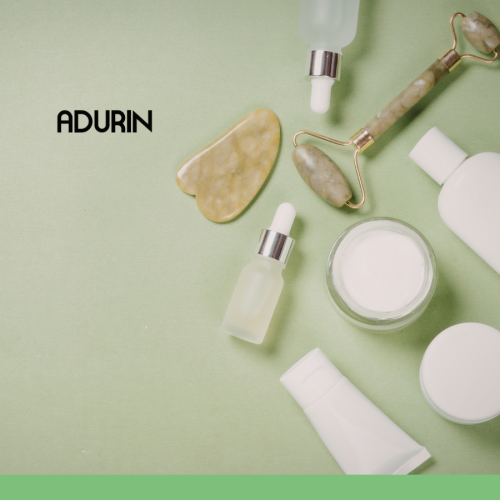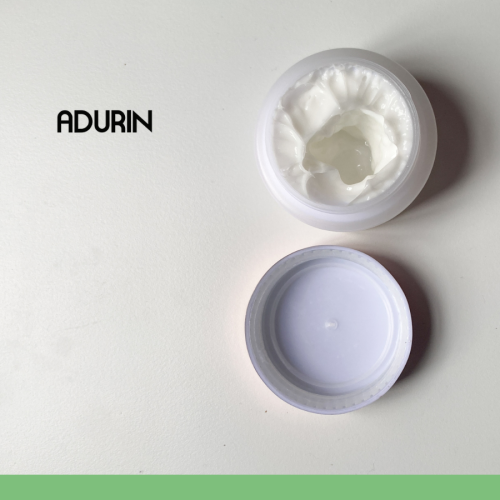Niacinamide, one of the most versatile and popular skincare ingredients, brings numerous benefits to the skin. However, many wonder if Niacinamide makes the skin more prone to sun damage and how to use it for optimal results. Let’s delve deeper into the benefits of Niacinamide and the best practices for sun protection when using it.
What is Niacinamide?
Niacinamide, also known as Vitamin B3, is a water-soluble vitamin that offers a wide range of skin benefits, including hydration, anti-ageing, brightening, and acne support. Because of these benefits, Niacinamide has become a favorite ingredient among skincare enthusiasts and dermatologists alike.
Benefits of Niacinamide
-
Reduces Pigmentation: Niacinamide brightens the skin, reduces dark spots, and evens out skin tone.
-
Controls Oil Production: Niacinamide helps regulate oil production, making it ideal for people with oily or acne-prone skin.
-
Strengthens the Skin Barrier: By enhancing the skin’s natural barrier, Niacinamide helps retain moisture and prevent dehydration.
-
Anti-Aging Properties: Niacinamide promotes collagen production, reducing fine lines and promoting firmer skin.
-
Reduces Inflammation and Acne: With anti-inflammatory properties, Niacinamide can calm redness and reduce acne, leaving the skin smooth and clear.
Does Niacinamide make skin more sensitive to the sun?
One of the common concerns with skincare products is whether they make the skin more reactive to sunlight. Niacinamide is not an exfoliating agent like AHA, BHA, or retinoids, meaning it does not thin or weaken the skin. Niacinamide also doesn’t bleach or damage the outermost skin layer, so it doesn’t make the skin more vulnerable to sun exposure.
In fact, Niacinamide strengthens the skin’s natural barrier and reduces oxidative damage caused by UV rays, acting as a support against sun damage. However, as with any skincare routine, applying sunscreen when going outside is essential for comprehensive protection from environmental damage.

How to use Niacinamide for best results?
To make the most of Niacinamide and ensure your skin stays protected, keep in mind the following tips:
-
Use Niacinamide in the Morning and Evening: Niacinamide is a stable ingredient and can be used both day and night. Apply it in the morning to protect the skin from environmental damage and at night to aid skin recovery.
-
Pair with Sunscreen During the Day: Although Niacinamide doesn’t cause sun sensitivity, sunscreen is still essential for full protection. Apply Niacinamide first, followed by sunscreen, for optimal defense.
-
Apply After Toner and Before Moisturizer: After cleansing and using toner, you can apply a Niacinamide serum or essence to help it absorb and work effectively.
-
Combine with Other Ingredients: Niacinamide pairs well with moisturizing ingredients like hyaluronic acid, ceramides, and antioxidants like Vitamin C. If your skin is sensitive to Vitamin C, consider using Niacinamide in the morning and Vitamin C at night.
Choosing the right Niacinamide product
The market is full of Niacinamide products with varying concentrations. If you’re a beginner, start with a product containing 2-5% Niacinamide to allow your skin to adjust. For those already familiar with Niacinamide, a higher concentration of around 10% can provide more potent effects.
Niacinamide is available in various product forms, such as serums, moisturizers, and masks. Depending on your skin type and needs, choose the form that best fits into your daily skincare routine.

You can find the best Niacinamide for your skin HERE.
Tips for Using Niacinamide
-
Avoid Mixing with Strong Acids: Niacinamide may not work well with AHA/BHA acids. If you want to use both, apply AHA/BHA at night and Niacinamide in the morning, or wait 20 minutes between applications.
-
Be Consistent: Niacinamide takes time to show results. To see improvement, use it consistently for 2-3 months.
-
Monitor Skin Reactions: Some people may experience mild irritation when starting with Niacinamide. If you notice redness or discomfort, reduce the frequency of use and observe your skin.
Niacinamide provides numerous skin benefits and does not make the skin more sensitive to sunlight. However, pairing it with sunscreen is necessary for maximum protection against the sun and environmental factors. With its versatile and safe properties, Niacinamide is a fantastic choice for all skin types, promoting a healthier, smoother, and more even complexion.

